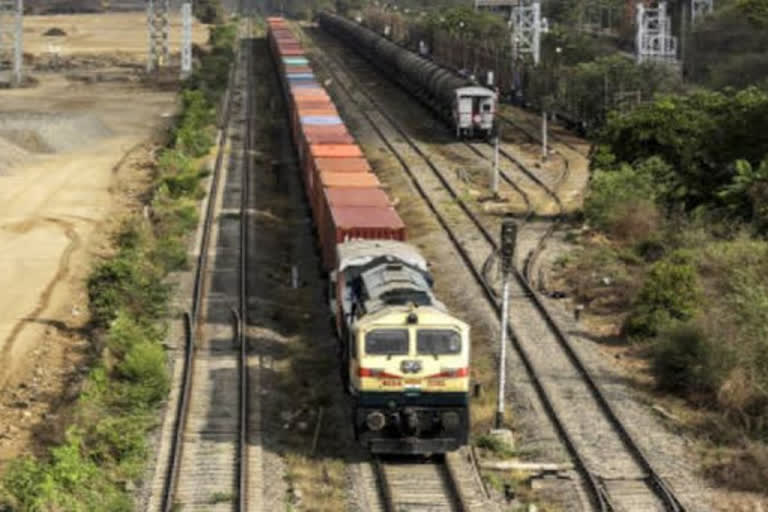New Delhi:Iran’s decision to leave a confused India fearful of US and go it alone to build the crucial railway link from Chabahar Port to Zahedon is not a development that happened overnight. It was unfolding slowly.
An Indian Railway company, IRCON, had signed a Memorandum of Understanding (MOU) to do a feasibility report on the railway line that would give meaning to the trilateral connectivity deal that India, Iran and Afghanistan signed during Prime Minister Narendra Modi’s visit to Tehran in 2016. Chabahar port in the Southeast part of Iran on the sea of Oman was to be the hub of this linkage.
So when Tehran says that India did not sign the contract with India to build the railway line, they are not being incorrect. India had expressed its intentions, but really did not go down to building it- the actual laying of railway line etc.
Indian Railway construction company, IRCON, had only done the feasibility and rest of the work involved showing up the money some 150 million and getting ahead with the work. Why didn’t India allot the necessary funds for the railway line, which had been listed as critical for the successful functioning of the Chabahar port?
There are theories and reasons including the fact that Iran alleges that India, a great nation, has not been exercising strategic autonomy and moving forward on what serves its national interest. Instead it is allowing itself to be cowed down by the US. India’s ostensible reasons for going slow in funding the project are mired in fears that it might invoke US sanctions, though Chabahar project, despite its warts, has been allowed by the
Washington as they believe it helps Afghanistan’s trade and reduces dependence on Pakistan’s port of Karachi, which is far and a bit complicated. Though recently, Pakistan has allowed the government in Kabul to bring their goods right up to Wagah border. From this standpoint, India’s fears are exaggerated.
The real reasons are elsewhere. India has been distancing itself from Iran, due to its trenchant opposition to the abrogation of Article 370 and the manner in which the status of Kashmir has been changed by the Indian government. Iranian leadership has been critical of Indian government’s suppression of civil liberties, which has been a cause of much unease in the Islamic world. Later, the Iran’s Supreme leader, Ayatollah Khamenei criticized India’s Citizen’s amendment Act (CAA) and how it was anti Muslim in implications. Delhi riots, described as a pogrom by many, was severely criticized by the Iranians.
Kashmir is important for Iran’s as they call it “ saghir- e-Iran” or mini Iran. They believe that an unstable Kashmir caused by hostilities between India and Pakistan. They have offered diplomatic interventions and also tried to give India strategic space in Chabahar, which is located in Sistan Baluchistan province, to serve as a counterpoint to Pakistani ambitions.
This approach to rein in Pakistan and work with closely with India in Kashmir was pursued aggressively the legendary Iranian General, Qassim Suleimani. Head of the Quds force, he wanted India to move faster in Chabahar to attain its strategic objectives.
